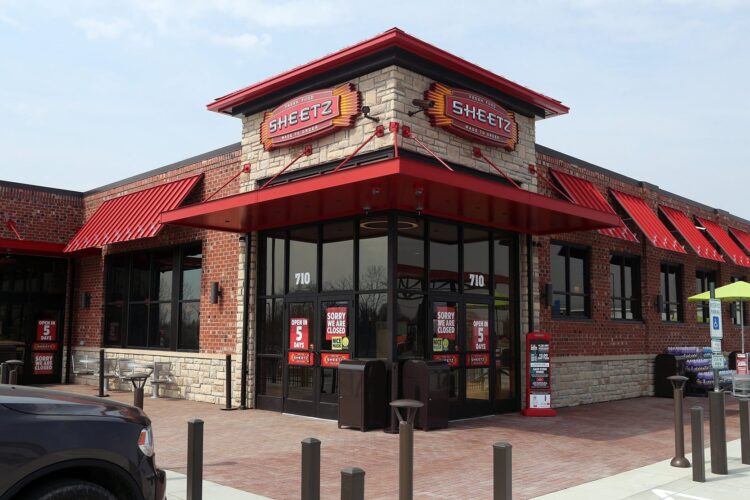The United States Equal Employment Opportunity Commission filed a lawsuit against the Sheetz convenience store chain on Thursday, accusing the Pennsylvania-based company of discriminating against minority job applicants. According to EEOC officials, Sheetz, which operates over 700 stores across six states, disproportionately turns away Black, Native American, and multiracial jobseekers who fail criminal background checks—a practice the government considers a violation of civil rights law.
In a press release announcing the lawsuit, which was filed in a Baltimore federal court last week, the EEOC stated that “Sheetz has maintained a longstanding practice of screening all job applicants for records of criminal conviction and then denying them employment based on those records.”
The agency’s findings determined that Black applicants who fail the background check are denied employment at a rate of 14.5 percent, multiracial applicants at 13.5 percent, and Native American applicants at 13 percent. White applicants who fail the same screening process are turned away at a rate of 8 percent.
Learn the benefits of becoming a Valuetainment Member and subscribe today!
The EEOC did not accuse Sheetz of active racial discrimination but nevertheless emphasized that Title VII civil rights legislation prohibits hiring practices that affect minorities differently than Whites. The agency continued:
“Federal law mandates that employment practices causing a disparate impact because of race or other protected classifications must be shown by the employer to be necessary to ensure the safe and efficient performance of the particular jobs at issue,” said EEOC Regional Attorney Debra M. Lawrence. “Even when such necessity is proven, the practice remains unlawful if there is an alternative practice available that is comparably effective in achieving the employer’s goals but causes less discriminatory effect.”
The EEOC notably did not provide any suggestion of what these alternative practices might be.
It was not immediately clear how many applicants have been impacted by Sheetz’s background checks, but government officials claim that the policies have been in effect since at least 2015. The EEOC is now demanding that the convenience store chain offer jobs, backpay, retroactive seniority, and full benefits to all employees turned away because of their criminal history.
“Diversity and inclusion are essential parts of who we are. We take these allegations seriously,” company spokesperson Nick Ruffner said in a response to the lawsuit filing. “We have attempted to work with the EEOC for nearly eight years to find common ground and resolve this dispute.”
“Sheetz does not tolerate discrimination of any kind. Diversity and inclusion are essential parts of who we are,” he continued, arguing that the family-owned company—which employs over 23,000 people in Pennsylvania, West Virginia, Virginia, Maryland, Ohio, and North Carolina—cannot be reasonably expected to provide rejected applicants with a decade’s worth of back pay.
And this is after Sheetz had to struggle for years with a challenging brand name! https://t.co/BfhMyr6pA9
— Elon Musk (@elonmusk) April 21, 2024
While the lawsuit against Sheetz stems from the highest levels of the federal government, President Joe Biden himself seemed largely unaware of the chain’s alleged racial discrimination when made a campaign stop at a Pittsburgh store just one day before the suit was announced. During his brief visit to the store, Biden bought sandwiches for construction workers and spoke with reporters, then struggled to use an automated kiosk to order himself a milkshake.
Connor Walcott is a staff writer for Valuetainment.com. Follow Connor on X and look for him on VT’s “The Unusual Suspects.”



















Add comment